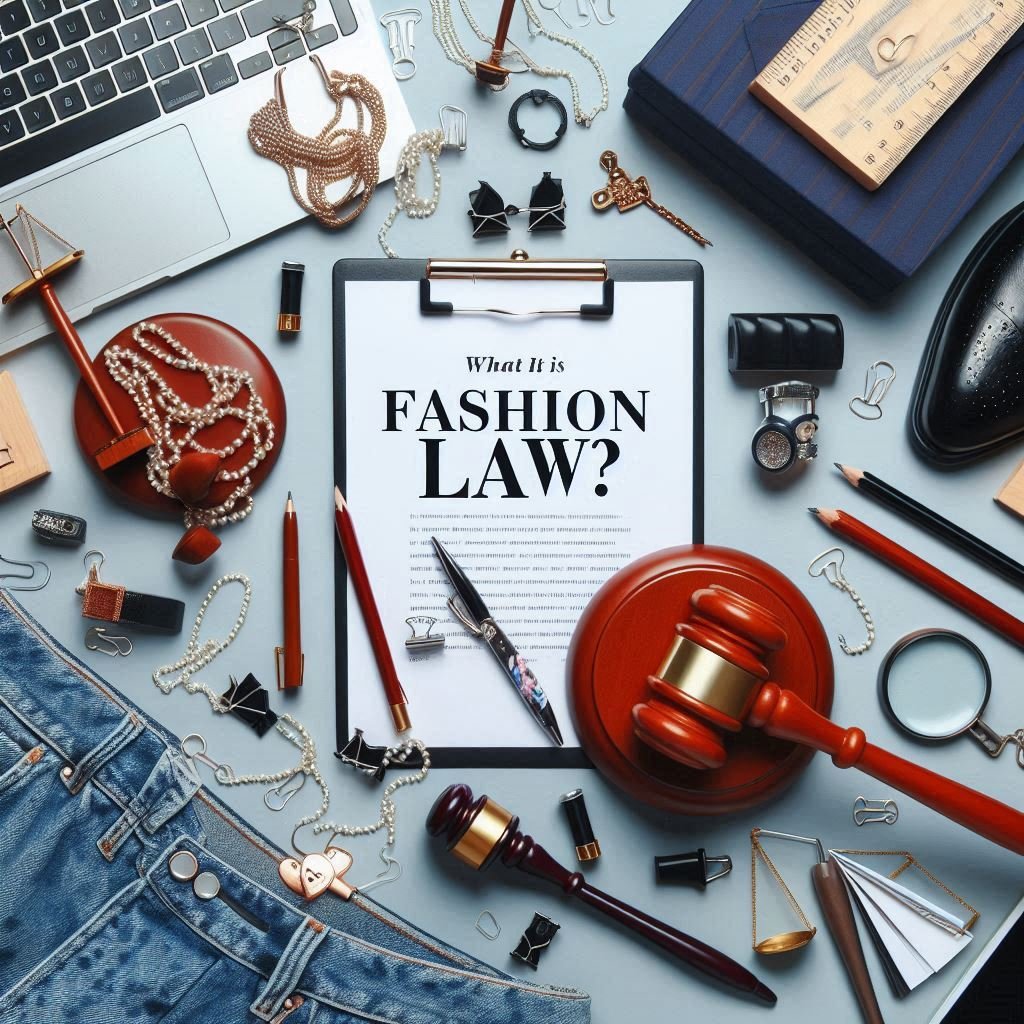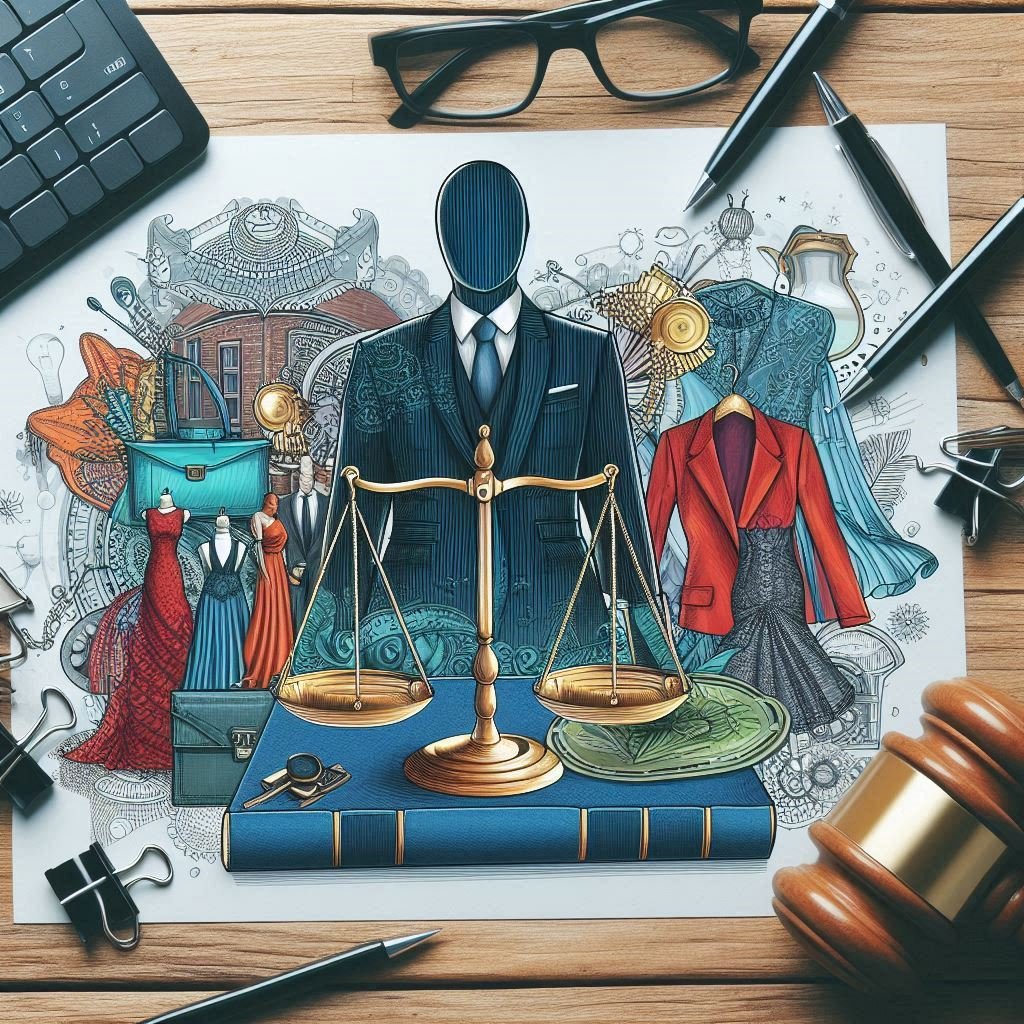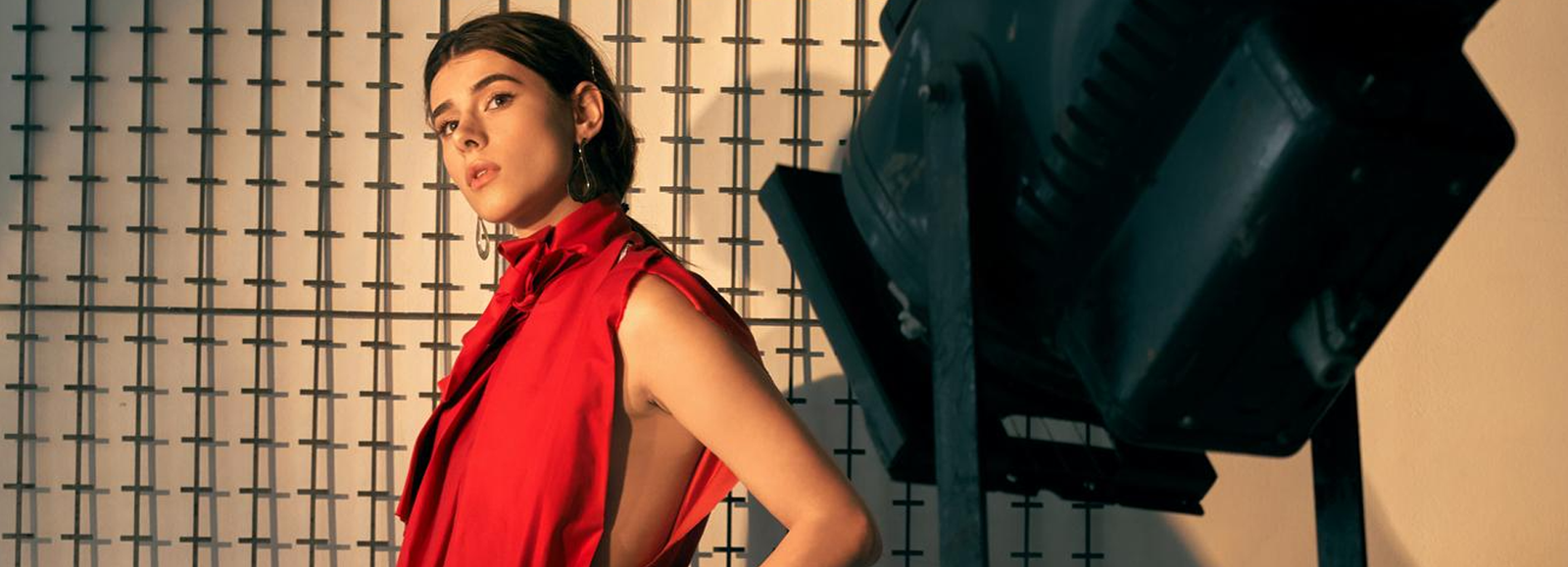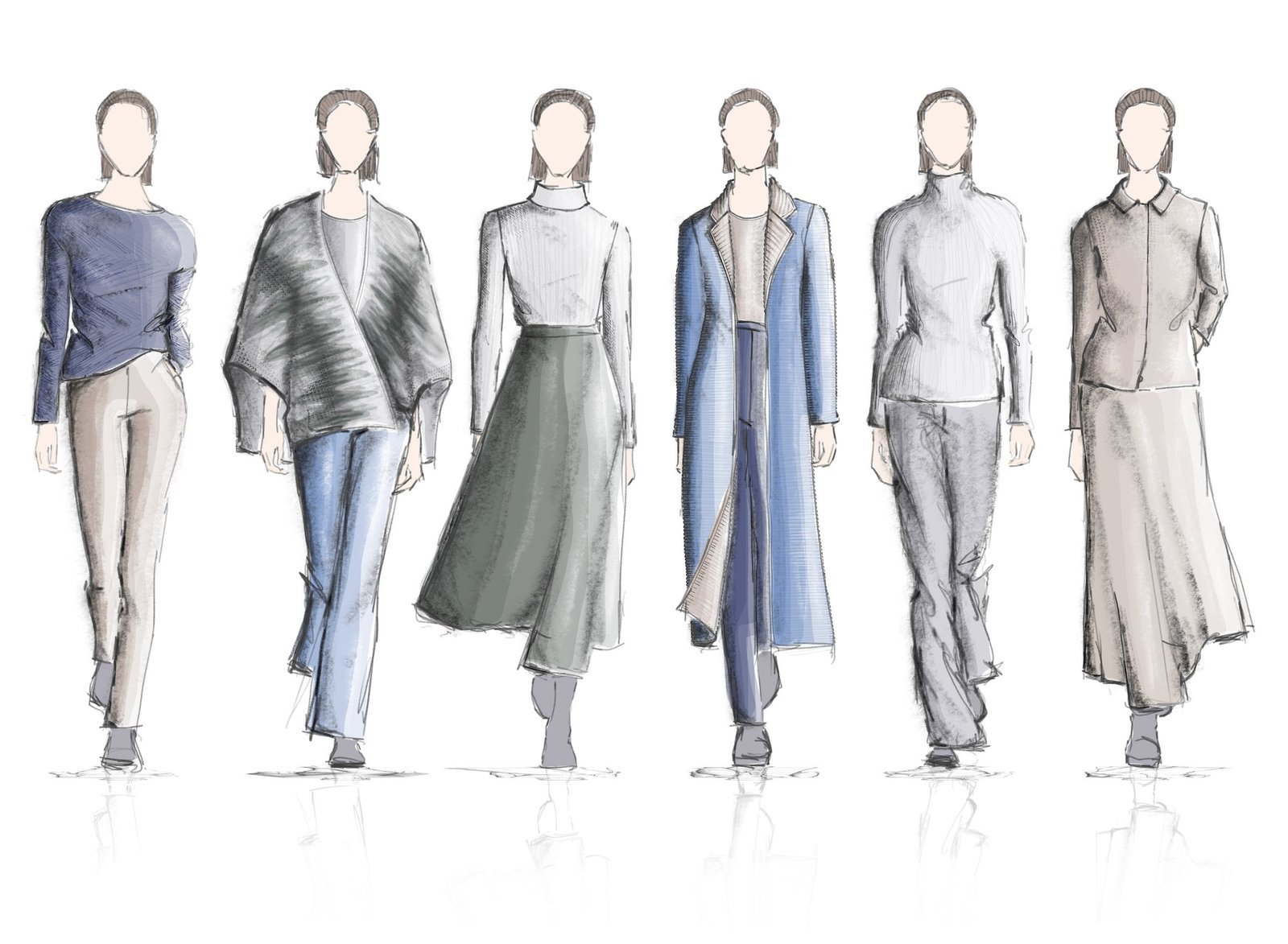Ensuring Safe and Ethical Fashion Practices

A fast-emerging legal speciality, Fashion Law also known as Apparel Law, is a rapidly growing area of jurisprudence which is directly related to the requirements of the burgeoning fashion industry. Fashion at the very outset is an outpouring of an individual’s or a brand’s creativity, ideas, concepts that they require immediate protection at the time its first presented or made public. Copyright, trademark or intellectual property protection is sought to prevent rampant and fraudulent violations and infringements related to copyright. Caused by copy-cat versions emerging in public of an original design, concept or rendition, and further exacerbated by the internet explosion, there is a dire need for stringent protective laws that are fashion-industry specific.
For example, design piracy and copycat litigation have grown in recent years, prompting new legislation that provides legal protection for fashion designs, and are of particular importance to key stakeholders in the industry.
Negotiating and Drafting Agreements in the Fashion Industry

What this discipline entails are legal issues encompassing the life of a garment from concept stage to a finished brand and its protection, thereof. Stakeholders seeking such legal protection and services include designers, fashion houses, distributors, manufacturers, modelling agencies, retailers, and photo/videographers.
Responsibilities and duties of a fashion lawyer include advising their clients on legal remedies available when dealing with fashion designs and brands, textile, apparel, luxury, footwear, jewellery, and the cosmetics industries. Wide-ranging services are expected of fashion lawyers in the areas of licensing, merchandising, distribution, franchise agreements, intellectual property, employment, and labour relations.
Other aspects related to the industry that a fashion lawyer is required to assist, include safety and sustainability issues, as also consumer protection matters. Again, aspects of corporate, real estate, tax, and business laws need to be handled by a fashion lawyer for anyone setting up a fashion business.
A fashion lawyer is called upon by a design house or a designer to assist with drafting and negotiating contracts, attending to litigating trademark issues, copyright, and intellectual property matters. Advising clients on brand development, and its protection, and business formation are broadly a fashion lawyer can assist a client with.
Intellectual Property Law: Protecting Fashion Designs and Trademarks

The Fashion Foundation of India, a newly formed body of leading designers, focuses on legal remedies to protect creative works. In India, intellectual property laws provide protection under the Design Act 2000, the Copyright Act 1957, and the Geographical Indications of Goods (GI) Act 1999. While the Copyright Act safeguards the artistic aspects of sketches, the Design Act covers the visual elements like shape, pattern, and colour configuration of non-functional objects. Design rights are valid for 10 years, extendable to 15 years, and are governed by the Design Rules 2001.
Globally, fashion faces challenges from imitation and piracy, especially with the ease of online shopping and digital displays. New York Senator Charles Schumer introduced the Innovative Design Protection and Piracy Prevention Act (IDPPPA) in 2010 to safeguard unique and original designs. With the booming fashion industry attracting new players, many resort to replicating original designs, hurting brands’ revenues. Copyright protections are crucial for fashion houses to maintain their market value and combat the growing threat of counterfeits and design piracy.
Setting stringent norms, rules and laws are necessary to ensure a healthy growth for the fashion industry. As a result of this, fashion laws have been introduced as a new legal practice that involves areas of Intellectual Property Rights, Trademark and Copyright Laws. Patent and Trade secrets become effective when a business entity develops a new manufacturing process in consumer’s clothing, footwear, and fashion accessories.
Social thinkers have considered ‘Fashion’ as the window of social change, of modernity and social ideals. Everything in society reflects fashion in some manner. Legally speaking the term ‘fashion’ has been tagged under ‘intellectual property.’












